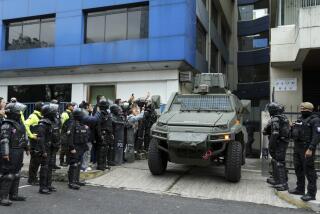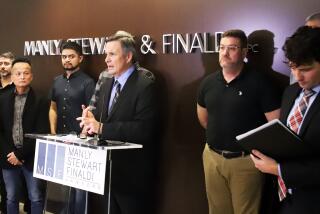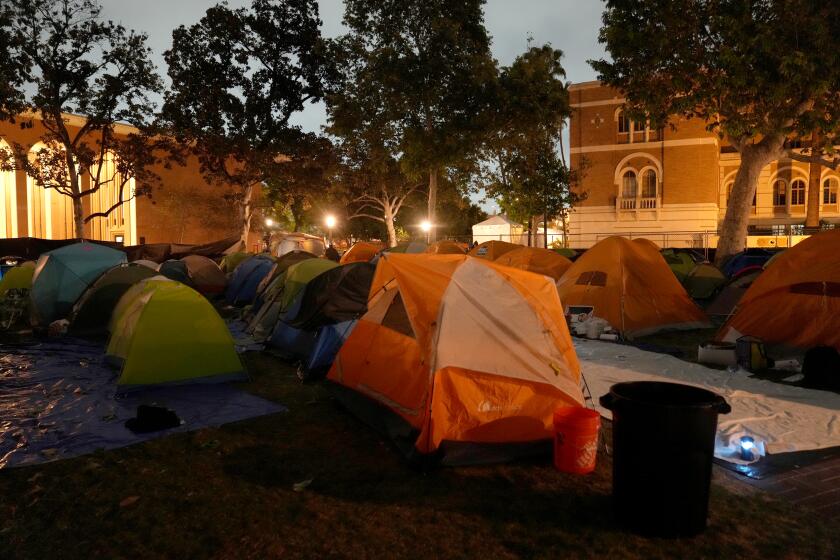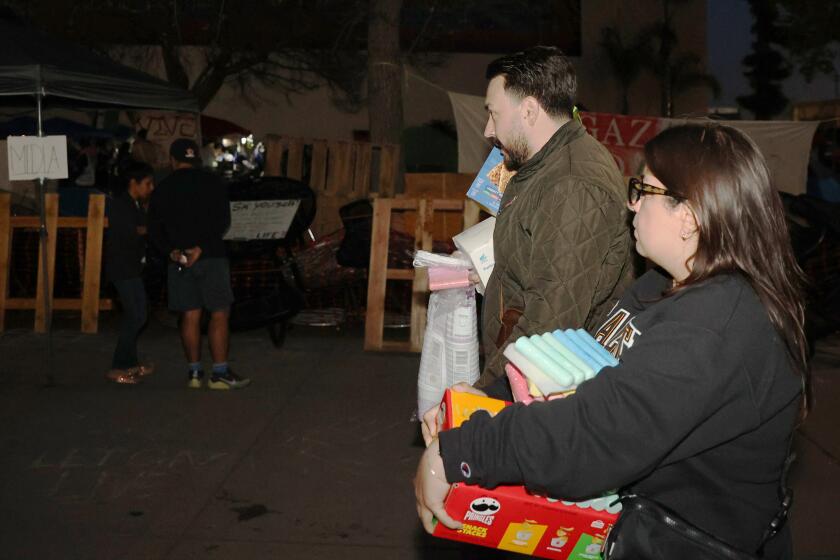Doctor with ties to fertility scandal won’t be extradited by Mexico
Federal prosecutors have lost their bid to extradite Dr. Ricardo Asch from Mexico, which has decided against sending the fugitive physician back to the United States to face charges stemming from the UC Irvine fertility scandal 16 years ago, a top Mexican official confirmed Thursday.
Asch, who headed the internationally renowned Center for Reproductive Health, fled the country in 1995 amid allegations that he took eggs and embryos from some patients without their consent and gave them to other women.
The unprecedented fertility fraud led to the live births of at least 15 children and lawsuits by scores of couples devastated by the revelations. The University of California, which was accused of trying to cover up the wrongdoing by Asch and two partners, has paid some $25 million to settle 140 lawsuits.
Indicted in 1997 on federal mail fraud and tax evasion charges, Asch resumed his practice in Mexico City and in his native Argentina after leaving the United States. He was arrested last November at his Mexico City apartment on an Interpol “red notice,” and U.S. prosecutors filed extradition papers.
In January, a Mexican federal judge released Asch on bail, which a spokeswoman for that country’s attorney general said was 1 million pesos, or about $83,000.
The next month, the judge ruled that Asch’s extradition would amount to double jeopardy, because he earlier had been tried and acquitted of the same charges in Argentina, according to a top Mexican official who was not authorized to discuss the case and spoke on condition of anonymity.
The official told The Times that, based on the judge’s decision, the Mexican foreign ministry decided March 14 to deny extradition. The next day, Asch declared victory in a Facebook message.
“TODAY IS FREEDOM DAY … enjoy it with me please,” it said in Spanish and English.
Asch, who is listed on a Mexico City hospital’s website as a member of the staff, is free to stay in Mexico or leave the country as he pleases, the Mexican official said. The official said that Mexico gave U.S. officials a heads up in December that Asch would probably be released, barring some “new elements or new evidence” that would justify his extradition.
“We alerted the U.S. Embassy and Department of Justice what the likely outcome would be,” the official said, adding that without new charges, the case against Asch “was legally unsustainable.” When no new evidence was provided, the case was dropped, the official said.
Thom Mrozek, a spokesman for the U.S. attorney’s office in Los Angeles, told The Times last week that prosecutors were not aware of Asch’s release. On Thursday, he said prosecutors did not know that the extradition case was dead and were trying to confirm that with the Department of Justice.
Asch and his lawyer have declined to comment on the extradition case.
More to Read
Start your day right
Sign up for Essential California for news, features and recommendations from the L.A. Times and beyond in your inbox six days a week.
You may occasionally receive promotional content from the Los Angeles Times.







